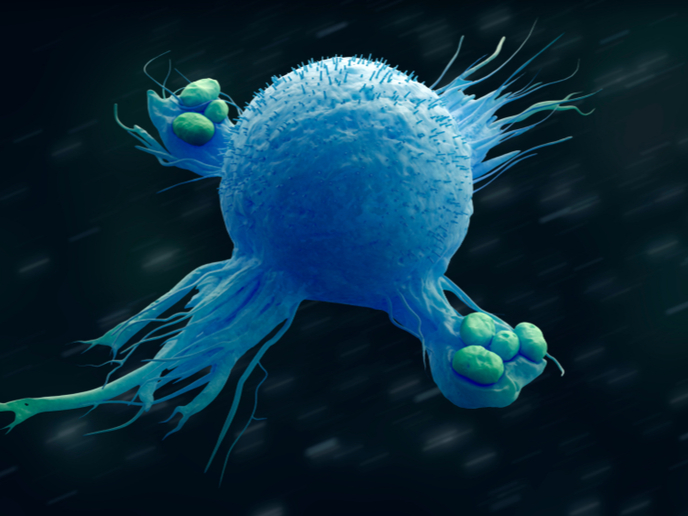Mechanisms behind level of aggression in brain tumours
CREB is a phospho-regulated transcription factor. State-of-the-art molecular genetics techniques and bioinformatics showed that CREB has several crucial roles that include neurogenesis, neuronal survival, function, repair and differentiation. CREB acts by modulating gene expression in nerve cells for neuronal activation required in brain functions such as memory and drug addiction. Transcription factors play a key role in initiating changes to transform normal cells into cancerous ones. Unfortunately, studies on cancer patients, animal models and cell lines have shown that CREB is implicated in cancer pathways such as PI3K. Researchers on the 'CREB-dependent mechanisms regulating neural stem/progenitor cell proliferation and neurogenesis' (NEUROGENCREB) project demonstrated through gene knockout experiments in mice the role of CREB in nerve cell survival and neurodegenerative diseases like Parkinson's. Gliomas are aggressive brain tumours that are difficult to treat due to the disease's complexity. Patient survival in cases of high-grade glioma is as low as 14 months despite interventions that include surgery, radiation and chemotherapy. Research funded by the Marie Curie International Reintegration Grants (IRG) revealed that CREB is hyperactivated in patients suffering from gliomas. Moreover, the aggressiveness of the glioma directly correlated with increased hyperactivity of CREB. This transcription factor was thus identified as a potential biomarker for detection and cancer treatment as part of combination drugs. Besides its importance in neuronal-specific functions, CREB is also important for neural stem progenitor cell (NSPC) survival, differentiation and proliferation. The NEUROGENCREB project made significant contributions in elucidating the CREB-dependent mechanisms that regulate NSPC proliferation, neurogenesis, nerve cell survival and other important functions. Consequently, an insight into CREB and its role in brain tumour formation and growth could be obtained. Results could also be extrapolated to other tissue-specific stem cells.







